Getting back to business in Libya
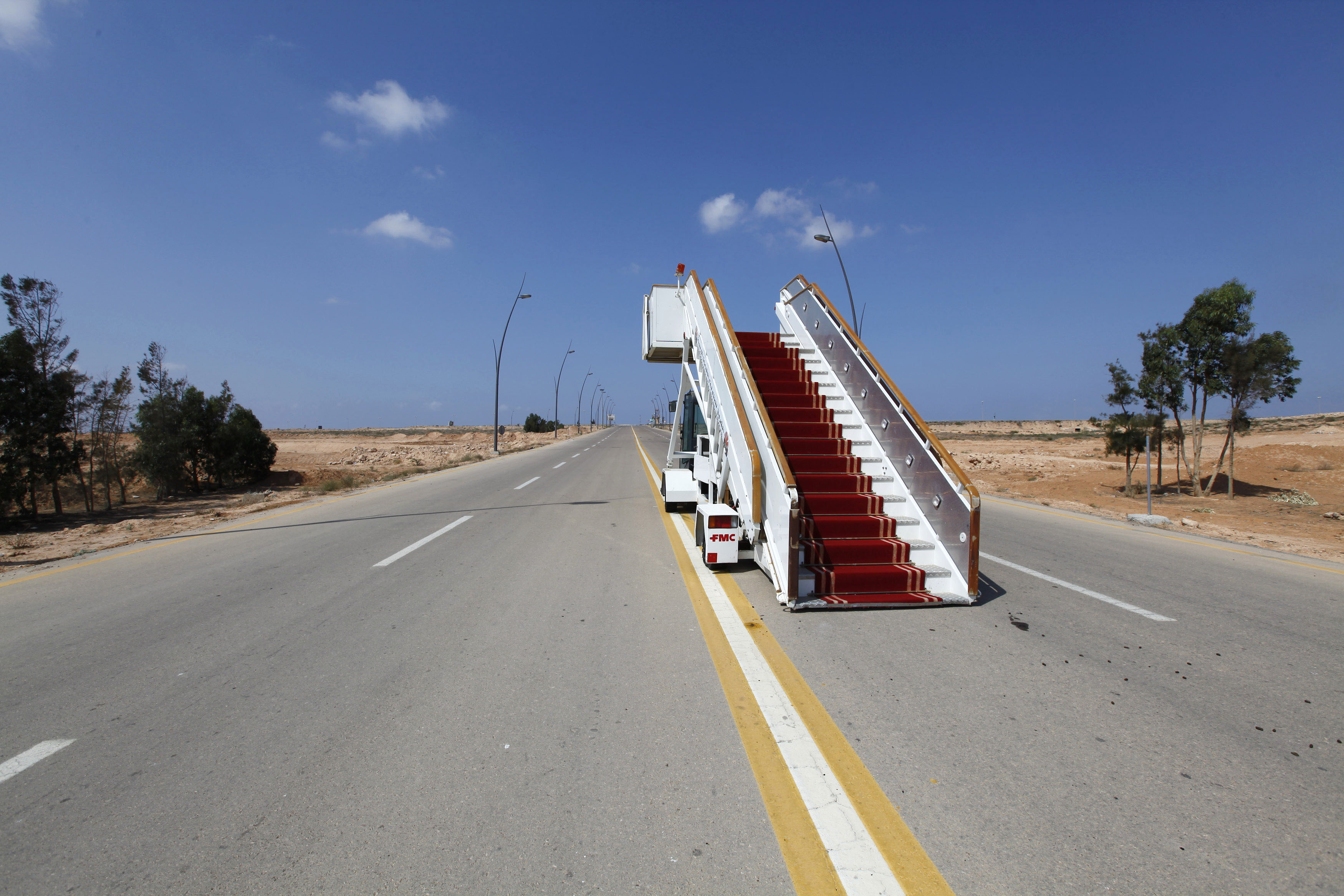
As politicians and diplomats strive for a return to normality in Libya, potential avenues for Swiss business are being sketched out.
However, there is still a lot of work to be done before business with Libya can go back to how it was under Moammar Gaddafi’s rule or even expand.
Some first steps have included Switzerland re-opening its embassy in Tripoli over the weekend. This followed Switzerland setting up a liaison office in Benghazi in July.
Yet the fighting continues – particularly around Sirte, the hometown of Gaddafi.
“The political situation is still not fully stable yet. We have to normalise diplomatic and economic relations with Libya – this will take some more time,” Jan Atteslander, head of international affairs at the Swiss Business Federation (economiesuisse), told swissinfo.ch.
When things do settle down, there may be some opportunities for Swiss companies to aid in the reconstruction of Libya. Atteslander sees “anything related to infrastructure” as a key sector, along with medical and pharmaceutical products as well as machinery.
As Libya’s new ambassador to Switzerland told swissinfo.ch recently, his nation would like to see Swiss companies contributing to its reconstruction.
“Preparations are underway with regard to a precise reconstruction plan. The experts working on this plan may need to rely on well-known Swiss expertise in the area of evaluation and planning,” said Sliman Bouchuiguir.
Bouchuiguir also praised Switzerland’s high-quality work in the areas of technology and services.
Discreet interest
“There is certainly potential in Libya, but it is still a bit too early to say what are the best opportunities,” Osec spokesman Patrick Djizmedjian told swissinfo.ch, noting that the situation was clearly different from six months ago. It could be that many companies are taking a wait-and-see approach.
“Swiss companies are rather careful – they tend to observe what their counterparts in countries such as Germany are doing,” Djizmedjian said.
Philippe Meyer, director of the international affairs department at the Geneva Chamber of Commerce, said that there had been no talk of Libya at his office yet.
“No companies have come recently to inquire about new business opportunities in Libya – not even the companies that were active there before. And those who were active before were very discreet,” Meyer told swissinfo.ch.
But he emphasised that the lack of inquiries did not automatically translate into a lack of interest.
“It means that if there is interest, people are very discreet,” he said.
Swiss-based engineering group ABB is thinking carefully about how to proceed in Libya – especially after its head of Libyan operations, Max Göldi, was held hostage there for nearly two years.
Asked by swissinfo.ch about its plans, a spokesman said: “ABB will consider how to resume its projects once it is safe to operate again.”
“We don’t know how the country will evolve in the next months or years. But we hope it will be more stable than Iraq or other countries with a civil war,” said Philippe Meyer.
Atteslander expressed optimism for the future of Swiss-Libyan trade partnerships.
“We hope that bilateral relations will get back to normal soon, but that’s the task of diplomats and politicians – it’s not up to the business world.”
A small partner
It would seem that Libya needs Switzerland more than the other way around; Swiss exports to Libya account for just a fraction (less than half a per cent) of total exports.
“Libya was always a rather small partner when it came to exports. Of course for those who do business with Libya, it’s a relevant market, but the size is relatively small,” said Atteslander.
“We look forward to normalising economic relations with Libya, but it’s not one of the important markets.”
Switzerland has also been able to live without Libyan oil in recent years.
“Libya was always one of our main importers of oil, and this has totally changed now. But Switzerland has never had even a day without oil since the embargo. This is a highly liquid market,” said Atteslander.
He also mentioned that Swiss-based commodities firm Glencore is already active in Libya, having signed a contract a few weeks ago.
The Swiss Oil Association says the market is still relatively quiet.
“Imports from Libya were completely replaced by imports from other countries – in particular Kazakhstan and Azerbaijan. But if Libyan crude oil comes back on the market, Switzerland will certainly buy it because it’s of very good quality,” Niklaus Boss, director of the Swiss Oil Association, told swissinfo.ch.
The impact of the diplomatic row between Switzerland and Libya over the arrest of Moammar Gaddafi’s son Hannibal in Geneva in July 2008 is clearly reflected in the trade figures.
In 2008 Switzerland exported goods worth SFr282.3 million to Libya, mainly machinery, according to the State Secretariat for Economic Affairs. This amounted to 0.13% of total Swiss exports.
In 2009 Swiss exports plummeted to SFr156.2 million, 0.08% of the total, falling again to SFr110 million in 2010.
Switzerland’s main import from Libya is oil. In 2008 imports were worth SFr3.3 billion. In 2009 they had fallen to SFr0.7 billion and the 2010 figure was SFr485 million.
As part of Libya’s economic boycott of Switzerland, Libyan assets were removed from Swiss banks. Deposits fell from SFr5.75 billion to SFr628 million.
Thanks to their leadership of the Nato campaign to help opposition forces in Libya, France and Britain have a head start on any reconstruction contracts being doled out in the war-torn country.
Britain and France were among the first to recognise Libya’s National Transitional Council (NTC).
Earlier this month, 80 French business leaders travelled to Libya to establish ties with Libyan decision makers. However, when he visited Tripoli in September along with British Prime Minister David Cameron, French President Nicolas Sarkozy said France did not expect preferential treatment.
At a conference in London last month, a representative from the NTC encouraged British businesses to get involved in the rebuilding. He also pointed out that the second language in Libya was English – making Britain a top destination for education and business.

In compliance with the JTI standards
More: SWI swissinfo.ch certified by the Journalism Trust Initiative
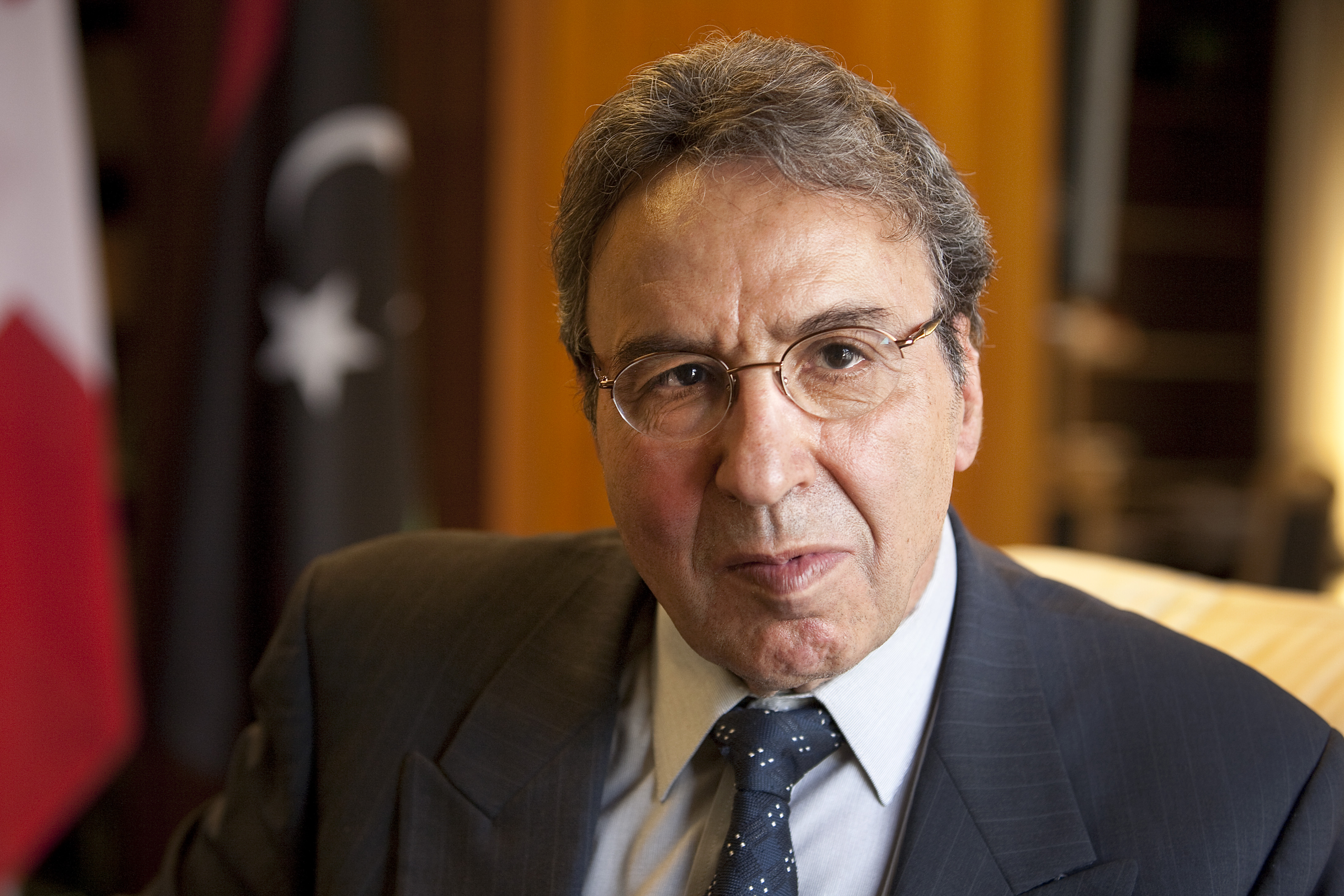
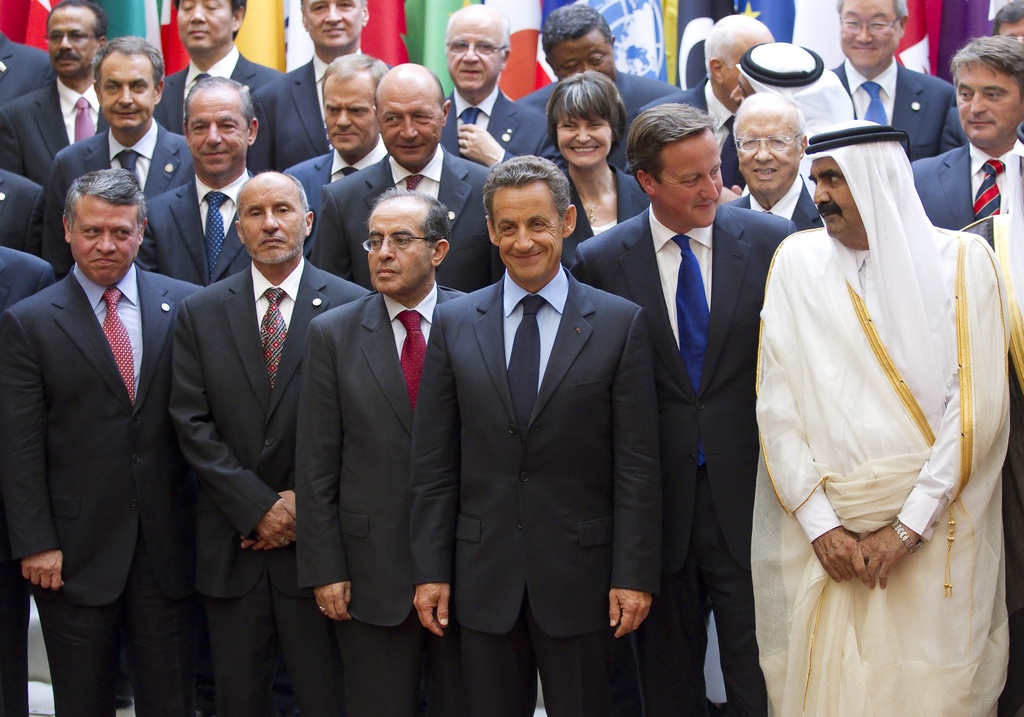


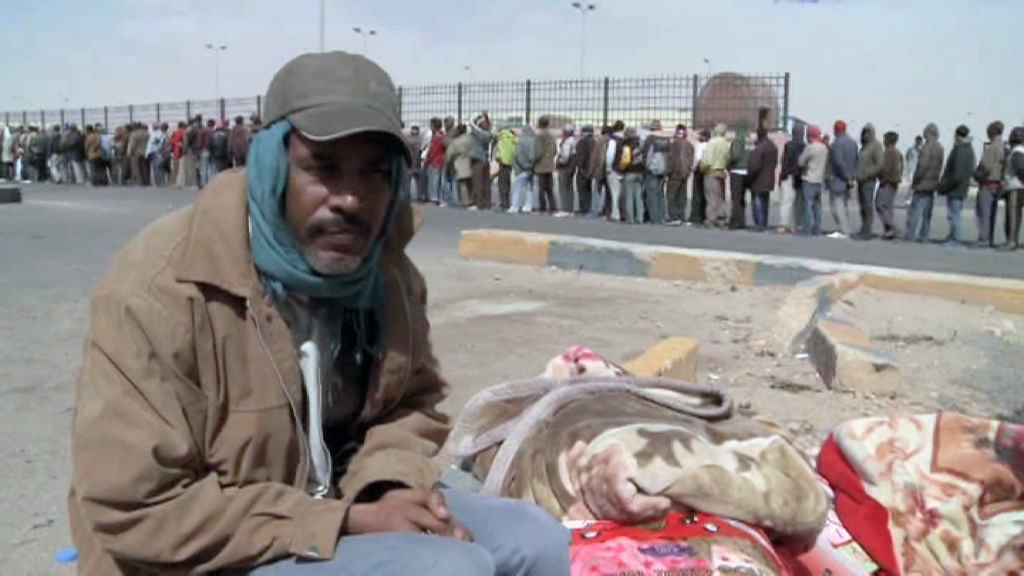
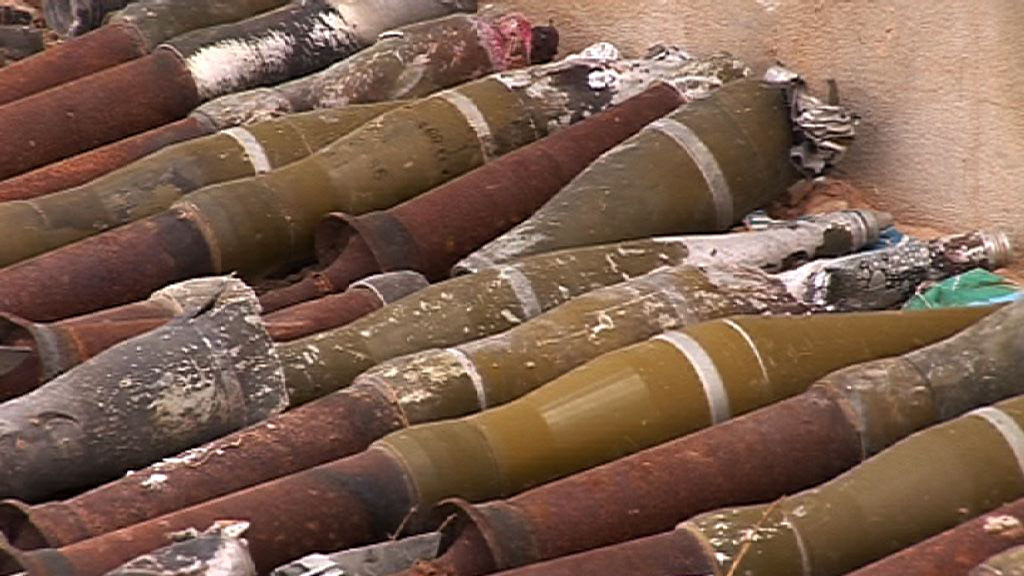
You can find an overview of ongoing debates with our journalists here. Please join us!
If you want to start a conversation about a topic raised in this article or want to report factual errors, email us at english@swissinfo.ch.